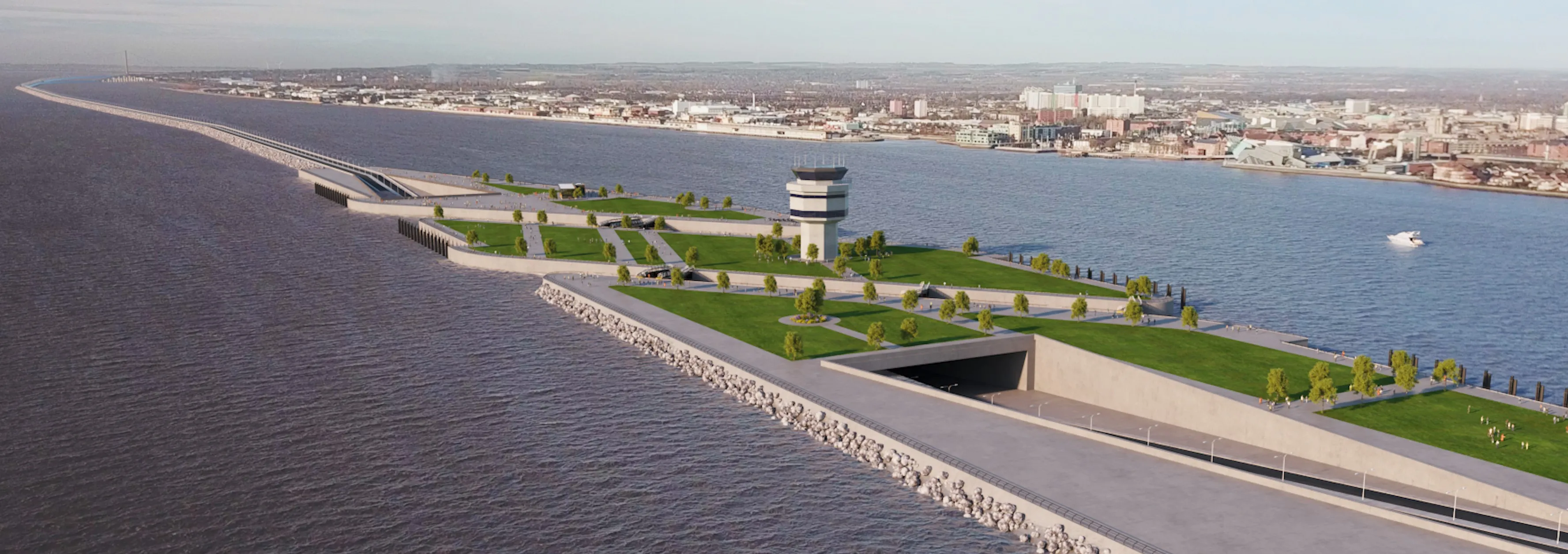Bangladesh has formally signed a US$705 million deal with China Communication Construction to build a multi-lane road tunnel underneath the Karnaphuli River in Chittagong.
Road Transport and Bridges secretary Man Siddique along with the government’s Road Transport and Bridges minister Obaidul Quader signed the contract with Liu Qitao, chairman of China Communication Construction.
The signing took place in Beijing, according to a report in the Bangladesh newspaper The Independent.
On June 9 last year, Bangladesh and China signed a memorandum of understanding for construction of the tunnel which has been hit by rising cost estimates.
But in April this year, the Financial Express newspaper reported that the construction cost of the tunnel had risen by $205 million, according to the government’s Bridge Authority.
The Financial Express newspaper also said the original 2km tunnel proposal was prepared two years ago based on a feasibility study. According to Bridge Authority officials, the cost to build the tunnel – now 3.4km - has risen 8% a year and it is expected to grow further on the preparation of the project design.
The Karnaphuli River divides the Chittagong district and three bridges already serve the region. But traffic growth is putting pressure on the infrastructure, according to the website of the Bridge Authority.
Chittagong at the mouth of the river is Bangladesh’s main sea port and largest commercial city that sees most of the country’s export and import activities. The tunnel would connect directly with the Dhaka-Chittagong-Cox Bazar Highway.
Width of the river at the site of the proposed tunnel is 700m and the water depth is between 9-11m. The indicative length of the proposed Tunnel is 2000 meters.






